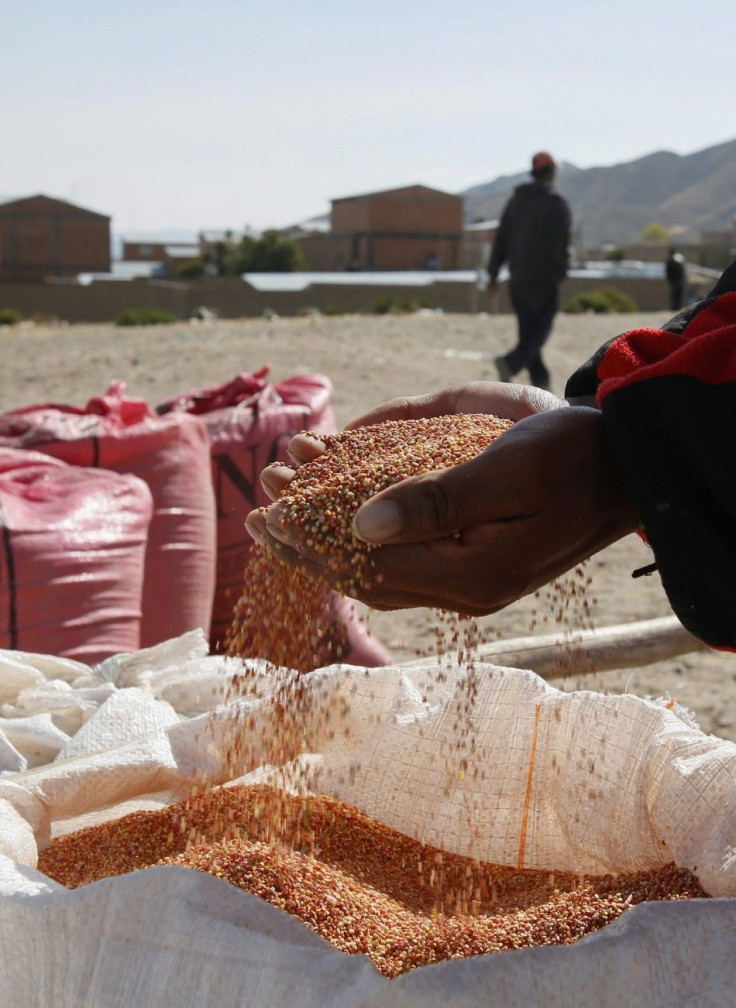Japan Resumes Exports of Fukushima Rice, Singapore to Receive 1st Batch

Japan is all set to resume the exports of rice from tsunami-stricken Fukushima prefecture. Singapore will be the first country, since 2011, to receive some 300 kilogrammes of rice harvested at Sukagawa City.
The National Federation of Agricultural Cooperative Associations said the rice exports will be distributed in five-kilogramme bags in Singapore, at a local Japanese supermarket beginning this Friday.
The brand of the rice is Koshihikari.
This will be the first time that rice grown in the Fukushima prefecture will be sold abroad. The prefecture had exported some 100 tonnes of rice in the year to March 2011 before the March 2011 9.0 magnitude earthquake occurred that triggered a massive tsunami. That tsunami hit the Fukushima Daiichi nuclear plant and caused massive meltdowns.
Zen-noh, identified by Japan Real Time as a spokesman for the federation, said the rice due for exports will be thoroughly checked before overseas shipment. "And then the bags will undergo another check in Singapore."
Zen-noh said it had been really hard trying to find retailers who wished to trade rice grown in Fukushima despite massive efforts at explaining the safety of Fukushima-made farm products.
Local officials said the rice grown in Fukushima prefecture undergo rigorous testing. "All rice grown in Fukushima is being checked for radioactivity before being shipped to the market," the Straits Times quoted an unidentified Fukushima official.
The official said the rice passed the government safety standard of 100 becquerels per kilogramme (a measure of radioactive contamination).
According to Oryza.com, the Fukushima Prefecture region produces 450,000 tonnes of rice, representing 6 per cent of Japan's total 7.6 million tonnes.





















